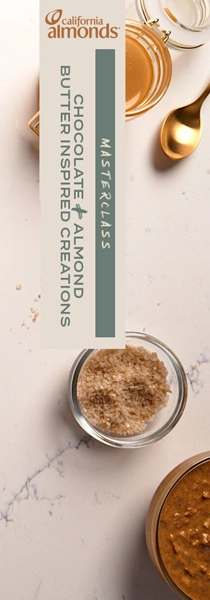
- Industry news
Industry news
- Category news
Category news
- Reports
- Key trends
- Multimedia
- Journal
- Events
- Suppliers
- Home
- Industry news
Industry news
- Category news
Category news
- Reports
- Key trends
- Multimedia
- Events
- Suppliers
General Mills Announces Commitment to Make Yoplait Yogurt Products 100 Percent Free of Milk from Cows Treated with rBST

“General Mills and Yoplait strive to offer only the highest quality products to consumers,” said O’Grady, explaining General Mills’ decision. “While the safety of milk from cows treated with rBST is not at issue, our consumers were expressing a preference for milk from cows not treated with rBST-– and we responded.”

10/02/09 General Mills announced that it has made the commitment to eliminate by August 2009 milk sourced from cows treated with rBST (recombinant bovine somatotropin), a synthetic hormone also referred to as rBGH, in the production of its category-leading Yoplait yogurts.
Although the U.S. Food and Drug Administration (FDA), the U.S. Department of Agriculture (USDA), and the National Institutes of Health remain fully confident in the safety of products made from milk sourced from cows treated with rBST in accordance with current guidelines, Yoplait is taking the initiative to change its dairy sourcing strategy to provide consumers with the option to choose a category-leading yogurt with milk produced by cows not treated with rBST.
“We estimate that more than 70 percent of our milk is already coming from cows that are not treated with rBST,” said Becky O’Grady, General Mills’ vice president of marketing for the Yoplait brand. “We are committed to reaching 100 percent no later than August.”
“General Mills and Yoplait strive to offer only the highest quality products to consumers,” said O’Grady, explaining General Mills’ decision. “While the safety of milk from cows treated with rBST is not at issue, our consumers were expressing a preference for milk from cows not treated with rBST-– and we responded.”
Approved by the FDA in 1993, rBST is considered chemically identical to naturally occurring bovine hormones. Based on scientific research and extensive regulatory review, use of milk produced by rBST-supplemented cows in products is deemed safe both by the FDA and USDA, and milk from rBST-supplemented cows is approved as safe for use in products such as yogurt. However, consumers are demonstrating greater support for milk and milk products from cows not treated with rBST. So-called ‘rBST-free’ milk is more difficult to source, but companies such as General Mills are making the switch to ‘rBST-free’ milk nonetheless.











